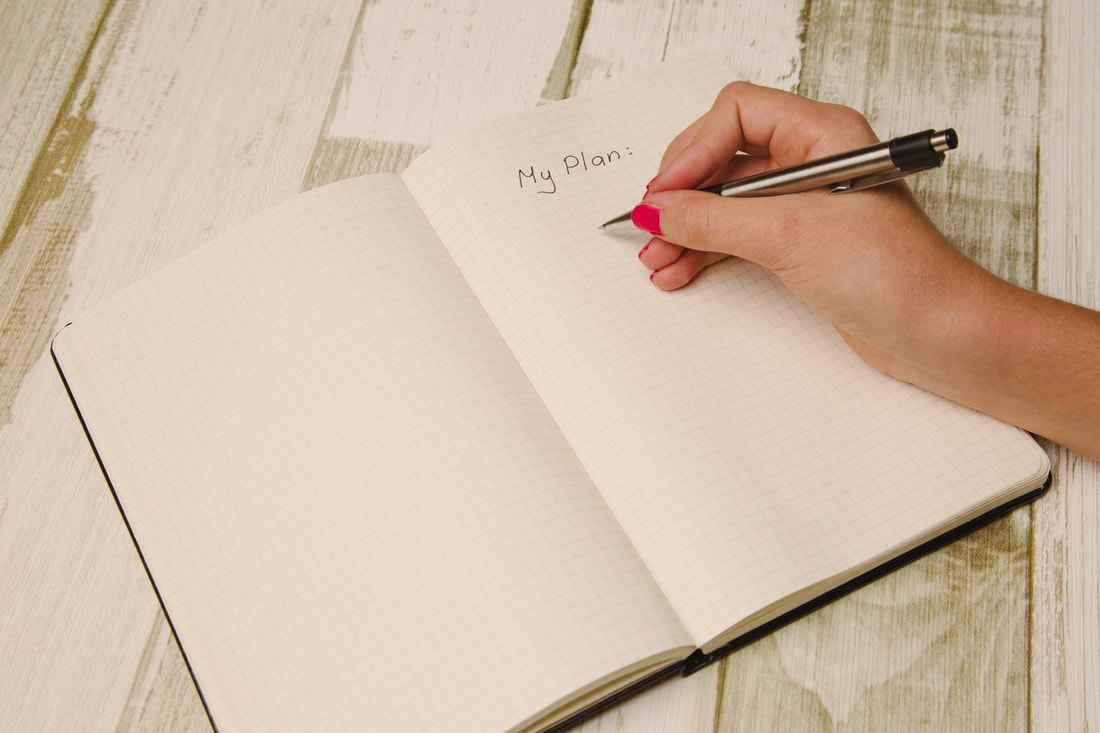Managing increases in digital communicationThe conditions of Covid-19 have brought many huge changes to all of our lives. As the ways that we socialise and study have moved online, you are probably receiving more digital communications from your friends, family, partner, university, workplace, and/or any other groups or projects that you are involved in. Whilst this increase in digital communication can obviously be beneficial by allowing us to stay connected and receive necessary information, it is important for your wellbeing to identify and assert your own needs and boundaries when communicating digitally on different platforms and in different contexts.
|
On this page you can find: |
Using Social Media During Covid-19
Whilst we have been unable to socialise in person, social media has become an increasingly important way for us to stay connected and keep in touch. During a global pandemic we can all benefit from sharing light-hearted videos with our friends. Yet, it is important to also be aware of some of the potential risks of social media for our wellbeing in order to practice mentally healthy social media behaviours.
|
- Stay Focused on You: People respond to change in different ways and at different paces. If you feel like friends, strangers, or celebrity circumstances, priorities, or reactions to world events or their interpretation of health advice is not in alignment with your own, you may start to feel frustrated or resentful. Equally, you might be finding that reading other people’s worries online is adding to your own, or that the distorted representation of your friends post-graduation plans is adding to your uncertainties about the future. It is important to stay aware of how you are feeling at the present moment, go at your own pace, and try to not be too influenced emotionally by the feelings or comments of others.
- Phone a Friend: ‘Liking’ friends’ posts can help us to feel connected. But sometimes, to prevent feeling lonely, it is important to also have a good quality catch-up with friends and family, especially if they do not use social media. If you feel uncomfortable talking on the phone or video, or unsure how to start a conversation about how they might be feeling and coping during Covid-19, check out these tips for looking after your mate.
- Socially Distanced Relationships: The pandemic has brought a whole host of new challenges and strains for maintaining friendships and romantic relationships at a physical and social distance. If you are struggling to navigate dating or relationships via messenger, check out this student advice on maintaining trust and honest communication at a distance.
Studying Online from Home
Most of us have had to adapt to new ways of working and studying from home. You may feel like all of your contact with your university experience has now moved online. Whilst this is extremely important to continue to feel connected and engaged, replacing face to face interactions with studying online from home can bring challenges to your wellbeing to be mindful of.
- Going Offline: You might feel like there is an expectation that, in the current situation, you should be at home and constantly available to instantly respond to emails and messages whenever they arrive. You may even feel like, without distractions, you should be doing more study from home. Whilst it can be harder to differentiate the boundaries between home-life and work-life, it is still important to establish a healthy working routine from home and find other ways to switch off and relax offline.
|
Avoiding Zoom Burnout
As social spaces closed and courses transitioned to online delivery, group video calls may have become a regular part of your social and student life. These can be a great way to connect and to continue to learn collaboratively and share ideas with your peers. But group calls may feel difficult or overwhelming for many reasons, especially for students without suitable space or equipment and those experiencing mental health difficulties.
- Take Breaks and Recharge: Video calls can feel more draining than face to face interactions. Taking regular breaks away from your screen can help you to focus and reduce feelings of stress and exhaustion.
- Communicate Your Needs: You may not have reliable space, time, or internet connection to be able to suitably engage with video calls. Or you might just not feel like another virtual quiz! It might feel easier to explicitly communicate your availability or interest from the outset to see what adjustments can be made and to stop you from worrying or feeling uncomfortable. If you have started receiving mental health support online but are uncomfortable engaging with this medium, talk to your counsellor about what the other options might be.
- Beware the Post-Mortem: On a video call, the distortion of normal social cues and feedback can compound anxieties about saying or doing the wrong thing, either socially or academically. It may feel more challenging to navigate normal turn-taking and the awkward silences or seeing yourself on screen can feel excruciating. If you come away from a video call feeling uncomfortable, take a break away from your screen. It might be helpful to challenge the evidence for your worries.
Digital communication can undoubtedly be a great way to stay connected and continue to study online, but make sure you look after your wellbeing by identifying and asserting your own needs and boundaries.




